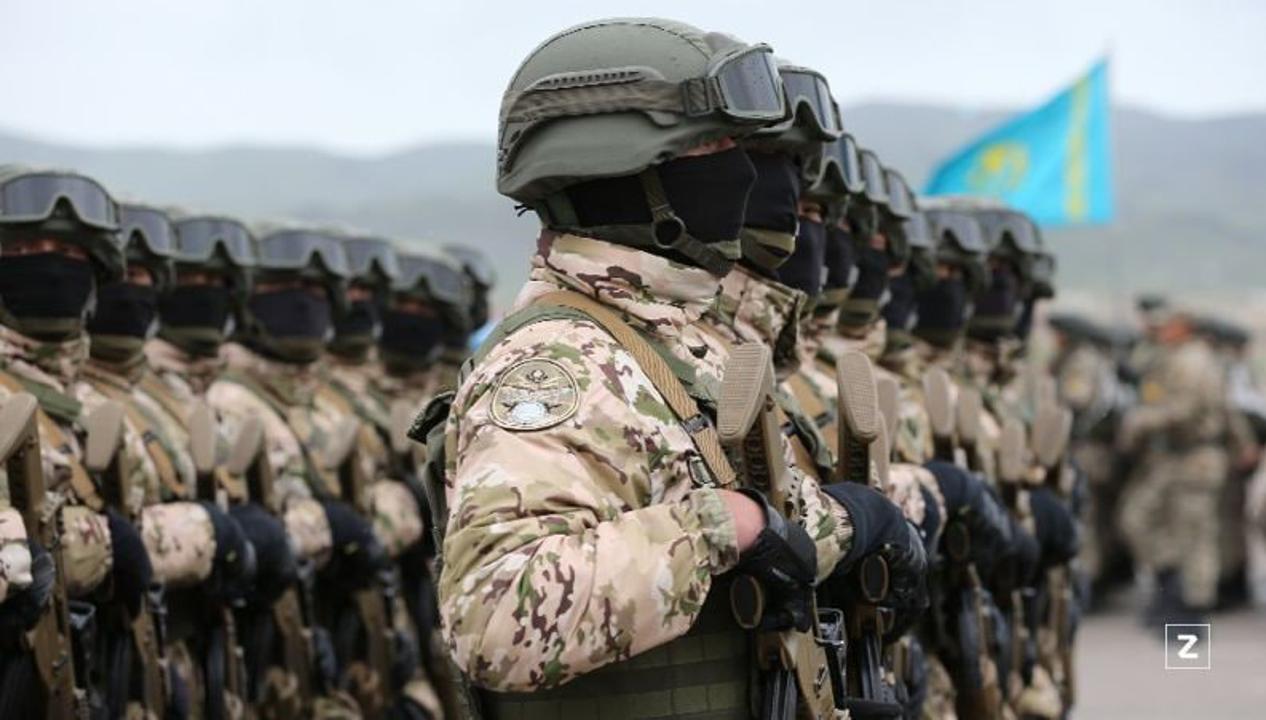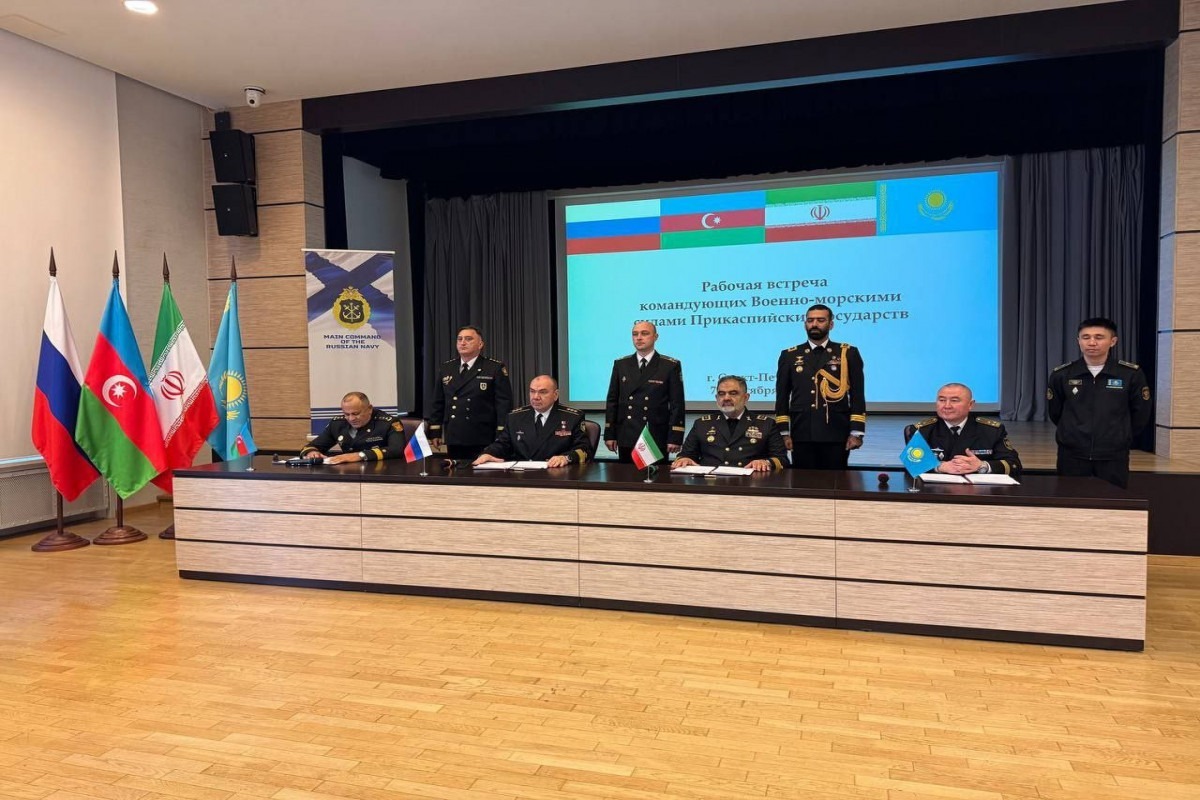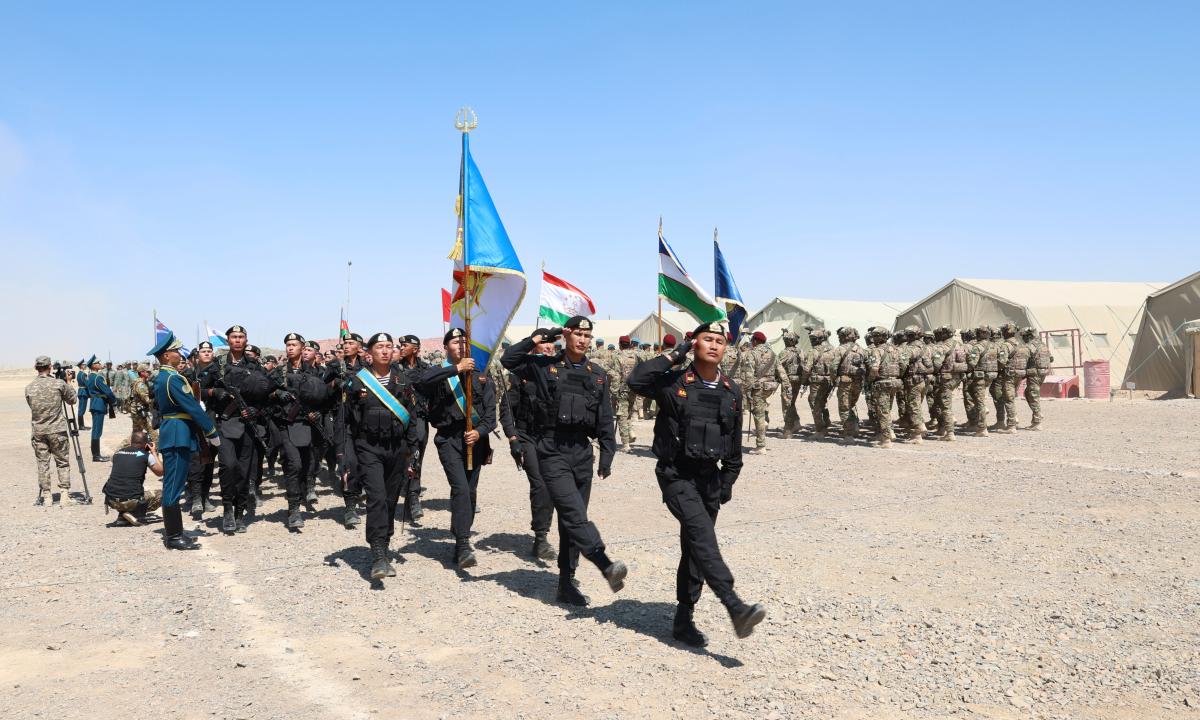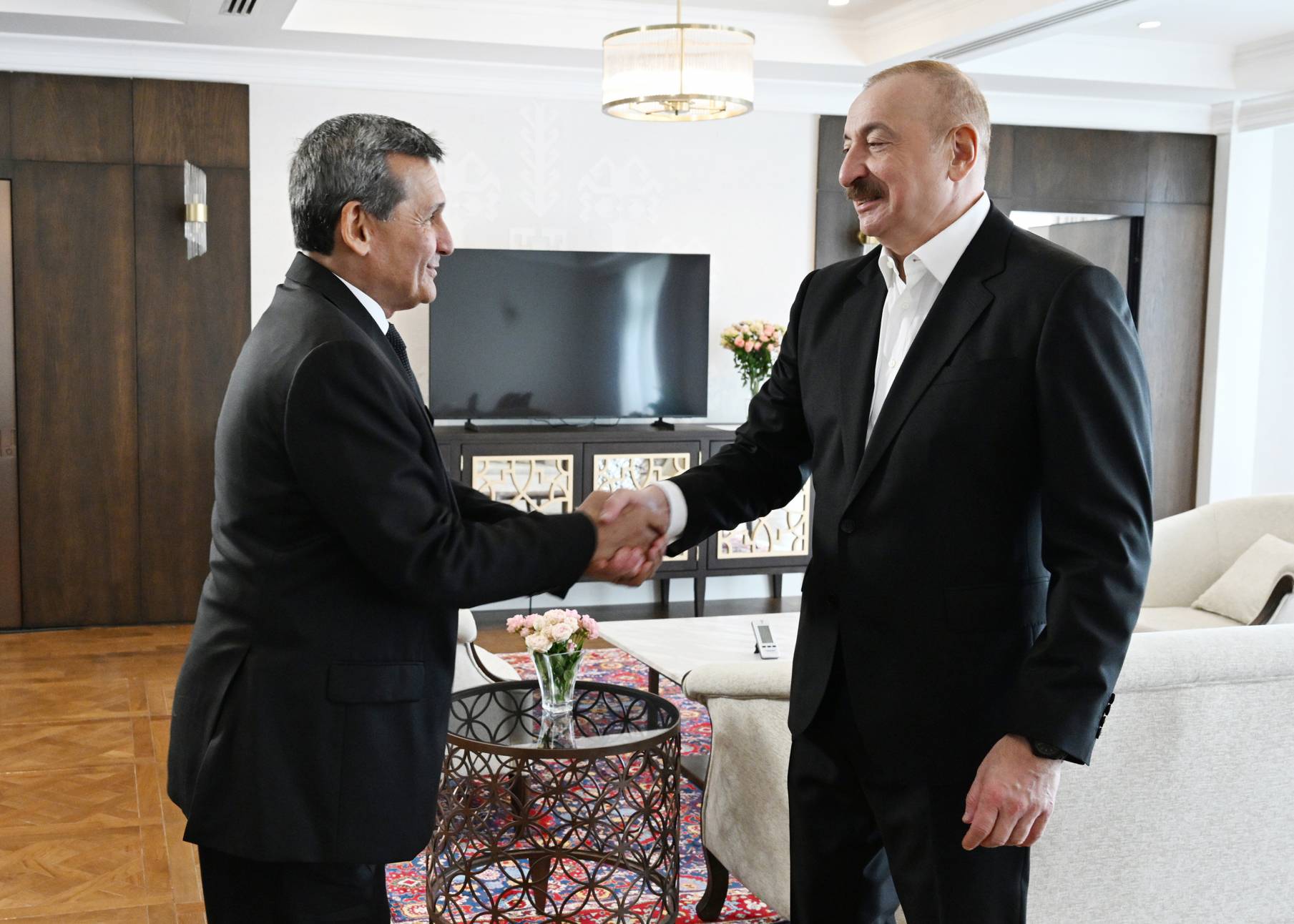
Kazakhstan Aims to Modernize Military Through Multivector Diplomacy
Kazakhstan Aims to Modernize Military Through Multivector Diplomacy
Executive Summary:
- In response to shifting regional dynamics primarily driven by Russia’s war against Ukraine, Kazakhstan is reshaping its security posture by reducing military dependence on Moscow and prioritizing self-reliance, regional partnerships, and defense modernization.
- Astana is focusing on its role as a “middle power,” allowing Kazakhstan to exert greater regional and global influence through integration into multilateral organizations, expanded participation in international initiatives, and diversified defense imports.
- Kazakhstan has pursued diverse international military collaborations, particularly through joint exercises, weapons co-production, and strategic coordination with Türkiye and Azerbaijan, enabling it to adopt a more independent defense strategy.
Kazakhstan has recently been making steps to improve its defense capabilities. In April 2025, the Kazakh Ministry of Defense confirmed that a legislative framework was established to regulate the Defense Industry Development Fund, which was created in December 2023 (Prime Minister of Kazakhstan, April 14; Inform.kz, April 16). The new defense fund aims to acquire and manufacture domestically crucial military hardware, such as artillery ammunition, weapons systems, and combat modules. For this purpose, the Kazakh government plans to allocate approximately $265 million from the state budget (Kazinform, April 16; Special Eurasia, April 17). Earlier, on March 3, Kazakh Defense Minister Ruslan Zhaksylykov announced the establishment of a new defense industry center at the only tank repair plant in Central Asia in the eastern city of Semey. Zhaksylykov proclaimed that the new hub aims to strengthen “Kazakhstan’s self-sufficiency in defense production” through “expanding the ability to both maintain and manufacture crucial military technologies locally” (Kazakh Ministry of Defense; Caliber.az, March 3). As the regional order in Eurasia shifts amid Russia’s war against Ukraine, Kazakhstan is opting to rely on its armed forces, domestic military resources, and international security partnership formats to counter any potential threat.
Since 1991, Kazakhstan’s military posture has been defined by its strategic dependency on Russia (see EDM, September 28, 2011, July 23, 2012, January 19, 21, 2022). Astana, however, has maintained greater economic and diplomatic autonomy. Russia’s full-scale invasion of Ukraine has disrupted that long-term status quo. Kazakhstan has become more emboldened in diversifying its security and defense partnerships, countering Russian influence (see EDM, August 1, December 20, 2023, February 26, 2024, January 21, April 24). Since Kazakh President Kassym-Jomart Tokayev’s rise to power in 2019, Astana has increasingly embraced the identity of a “middle power” within the global order (Cornell, “Kazakhstan and the Rise of Middle Powers in Central Asia,” July 31, 2024). The concept of a middle power envisions the pursuit of a balanced foreign policy that includes membership in international organizations and participation in multilateral agreements as a means to exert greater influence (The Astana Times, October 17, 2024). Such moves enable middle powers to develop more leverage on the international stage and counter the dominance of global powers (Government of Kazakhstan, October 22, 2024). In more recent years, Kazakhstan has expanded beyond Central Asia, joining international initiatives in trade, energy, defense, and logistics to cement its status as a middle power (see EDM, March 26, July 1, 8, 23, October 23, 2024, April 3, May 1, June 9). Astana’s recent attempts to diversify defense imports and boost domestic production come as no surprise.
Kazakhstan’s military procurement increased by 36.8 percent in 2024 compared to 2023, due to an increase in military expenditures and new defense contracts (Kursiv.kz, August 19, 2024). Over the past few years, Kazakhstan has built defense partnerships beyond its direct neighbors to overcome the challenges of overdependence on Russia (AzerNews, August 22, 2016; The Astana Times, August 10, 2022, April 18). For example, in May 2022, Astana and Ankara signed a Memorandum on military-technical cooperation, which included the production of Turkish-ANKA strike unmanned aerial vehicles in Kazakhstan under a license agreement (Kazakhstan Engineering National Company JSC, May 11, 2022; Eurasianet, May 13, 2022; see EDM, December 20, 2023). Other military expenditures included purchases of Russian-made SU-30 fighter jets, anti-aircraft missile installations, and Airbus-made A400M Atlas heavy military transport aircraft (Rossiiskaya Gazeta, December 1, 2023; KazTAG, August 7, 2024; Airbus, December 10, 2024).
The recent shift in military strategy has opened new horizons for Kazakhstan to strengthen strategic ties with regional partners. Azerbaijan is perhaps the most prominent. This year, both countries conducted the joint “Caspian Breeze-2025” naval exercises from June 17 to June 19 in Aktau, Kazakhstan, on the Caspian Sea, to prepare for potential asymmetrical threats (see EDM, April 24; Telegram/modgovkz; Nur.kz, June 19). This naval exercise demonstrates the strengthening cooperation between Azerbaijan and Kazakhstan in maritime security, suggesting that Russia’s influence in the region and the Caspian is waning (see EDM, January 21, April 24).
Türkiye has also become more involved with Kazakhstan’s armed forces. In January of this year, Kazakhstan and Türkiye signed a military cooperation plan for 2025, which outlines joint efforts in military education, peacekeeping, combat training, and medical cooperation (Kazakh Defense Ministry; The Astana Times, January 27). More recently, in May, a delegation led by Lieutenant General Sultan Kamaletdinov, the first deputy minister of defense and chief of the General Staff of the Kazakh Armed Forces, visited Ankara and met with Turkish Defense Minister Yaşar Güler to discuss bilateral military cooperation. The meeting included discussions on “conducting military exercises, cooperation in education, language training, and peacekeeping activities … [and] matters related to joint projects for the acquisition and production of weapons and military equipment” (DKnews.kz, May 23). Türkiye’s involvement in Kazakhstan’s defense operations could trigger consternation between Astana and Moscow in the near future. Russia could consider this involvement as an act of interference in its “sphere of influence.” Unlike its partnership with Russia, Kazakhstan’s defense cooperation with Azerbaijan and Türkiye has steadily evolved over the past year (Caliber.az, April 22; The Astana Times, January 17).
The ongoing diversification of defense partnerships and expansion of local arms production aim to strengthen Kazakhstan’s geopolitical weight through multivector diplomacy by establishing good relations with neighbors and non-regional states (see EDM, January 3, 2023, February 26, March 26, July 8, 2024). Kazakhstan’s government has made moves that demonstrate its perception of military modernization as pivotal for both national security and regional stability, as it could deter internal dissent while projecting more robust state power (The Astana Times, February 10, 2022; Central Asian Light, September 13, 2024). Successful diversification will enable Kazakhstan to transition away from outdated Soviet systems and adopt a more independent defense strategy. Building up its defense clusters through wide-ranging international partnerships will allow Astana to enhance its self-reliance amid global geopolitical uncertainties and ensure the stability of its border areas.


